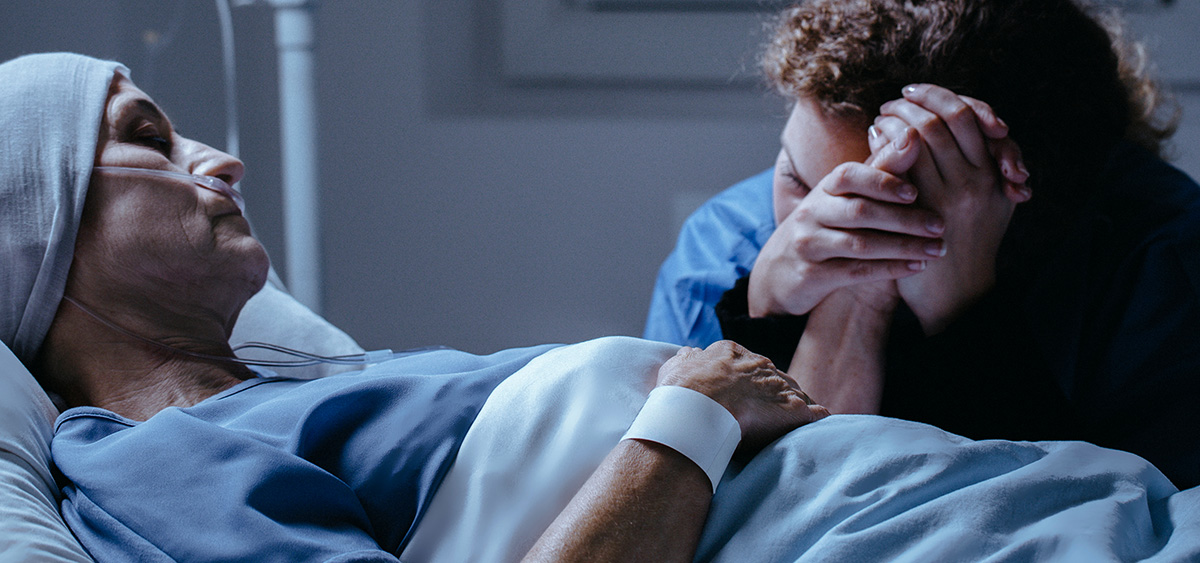In Quebec as in other places, an increasing number of people with health problems are choosing palliative care. Here are three myths and realities regarding this type of care.

Myth 1: “Palliative care” and “medical aid in dying” are kind of the same thing.
Palliative care and medical aid in dying are two different notions. While it’s true they both fall under the definition of “end-of-life care”, palliative care is care delivered to relieve suffering. It’s not intended to hasten or delay a person’s death.
Medical aid in dying also helps to relieve suffering. But this care results in death. The difference lies in whether the care causes the death of a person.
|
Did you know? The term “comfort care” doesn’t legally exist in Quebec. It’s often used to refer to a set of palliative care interventions provided to ensure death with dignity. |
Myth 2: If you’re caring for a loved one who is ill, you can request medical aid in dying for them.
This decision isn’t yours to make. Only the person who is suffering can request medical aid in dying for themselves. For other types of care as well, the healthcare team must obtain the patient’s consent if the patient is capable of giving it.
However, if your loved one can’t make medical decisions on their own, you may have to make decisions about care in their place. These decisions involve accepting or refusing proposed treatment. Depending on the situation, palliative care could be something that the healthcare team proposes.
Remember, palliative care isn’t offered to hasten death, but to try to relieve a person’s suffering for their remaining time.
Myth 3: Requesting a private room is impossible.
If your loved one is receiving palliative care and death is imminent, institutions must offer them a private room. You can request such privacy in a local community service centre (CLSC), a hospital centre (CH) or a residential and long-term care centre (CHSLD). Don’t hesitate to make that request!





